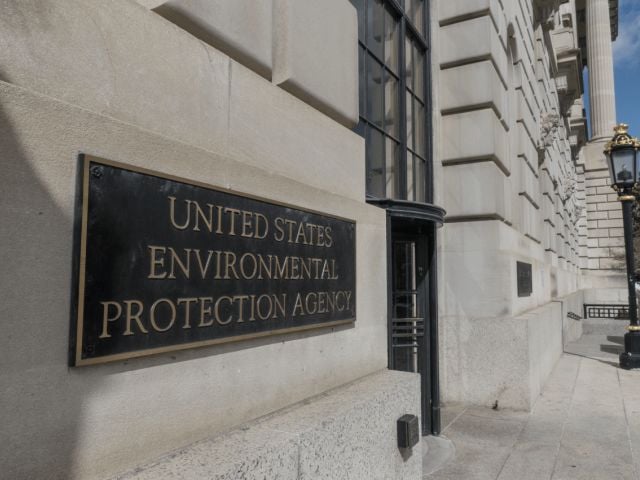Washington, D.C. – Sen. Jeff Flake (R-Ariz.) and Rep. John Duncan (R-Tenn.) today introduced companion bills in Congress that would provide much-needed reform of the heavily subsidized federal crop insurance program. The Crop Insurance Subsidy Reduction Act of 2013 would restore the program’s fiscal integrity while ensuring that farmers are protected by an effective safety net when the weather turns against them.
“Crop insurance should be the core of a safety net for farmers and ranchers, but the program has gone seriously off track since passage of the 2000 Agriculture Risk Protection Act,” said Craig Cox, senior vice president of agriculture and natural resources at Environmental Working Group. “We thank Sen. Flake and Rep. Duncan for proposing smart reform for a program that has exploded in cost, distorts markets and threatens the environment.”
Taxpayers now pay on average 62 percent of farmers’ premiums for crop insurance policies, which are so heavily subsidized that farmers got back $1.89 for every dollar they paid to insure their crops between 1998 and 2011. As a result, crop insurance, sold as a way to reduce the need for ad hoc disaster relief, has grown into the most costly taxpayer-funded program propping up farm income at a time when the agricultural economy is thriving.
Iowa State University economist Bruce Babcock has calculated that crop insurance now costs taxpayers far more than traditional ad hoc disaster programs. Moreover, Dr. Babcock’s analysis has shown that for every crop insurance dollar that finds its way to a farmer, another dollar goes into the pockets of a crop insurance company or agent.
The Crop Insurance Subsidy Reduction Act of 2013 would save taxpayers more than $40 billion over the next 10 years by reducing federal premium subsidies, and farmers would still be able to choose from a wide array of crop insurance options that fit their budgets and their business plans. The proposal is a stark contrast to the farm bills proposed by the Senate and the House Agriculture Committees last year, both of which would increase federal spending on crop insurance by as much as $11 billion.
“Asking taxpayers to pay even more for crop insurance is both unnecessary and irresponsible, given the nation’s fiscal concerns,” said Cox. “Smart reform of crop insurance and ending the discredited direct cash payments to farm businesses would preserve an effective and fiscally responsible safety net in place for farmers while saving enough money to cut the deficit and fund critically important programs that protect the environment, help hungry children and encourage Americans to improve their diets.”


